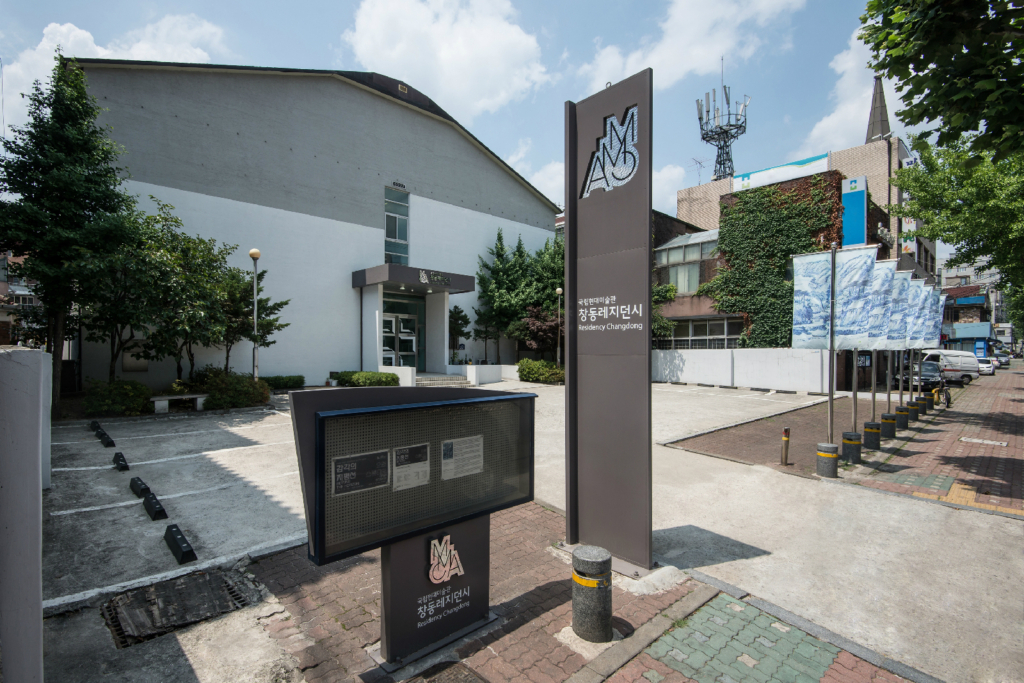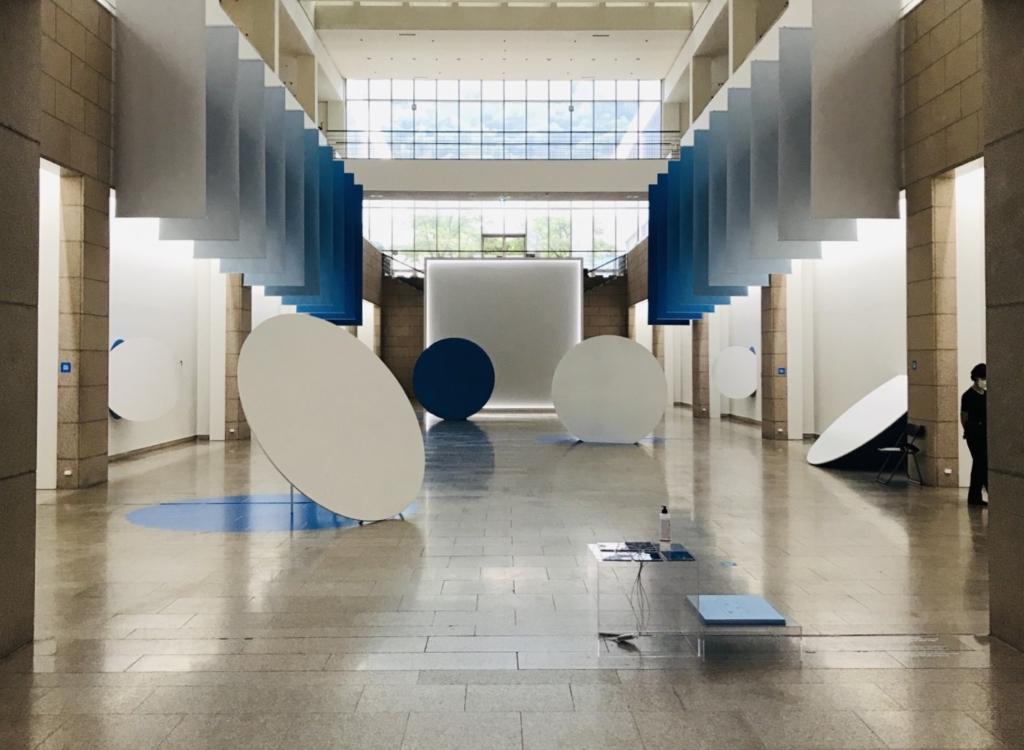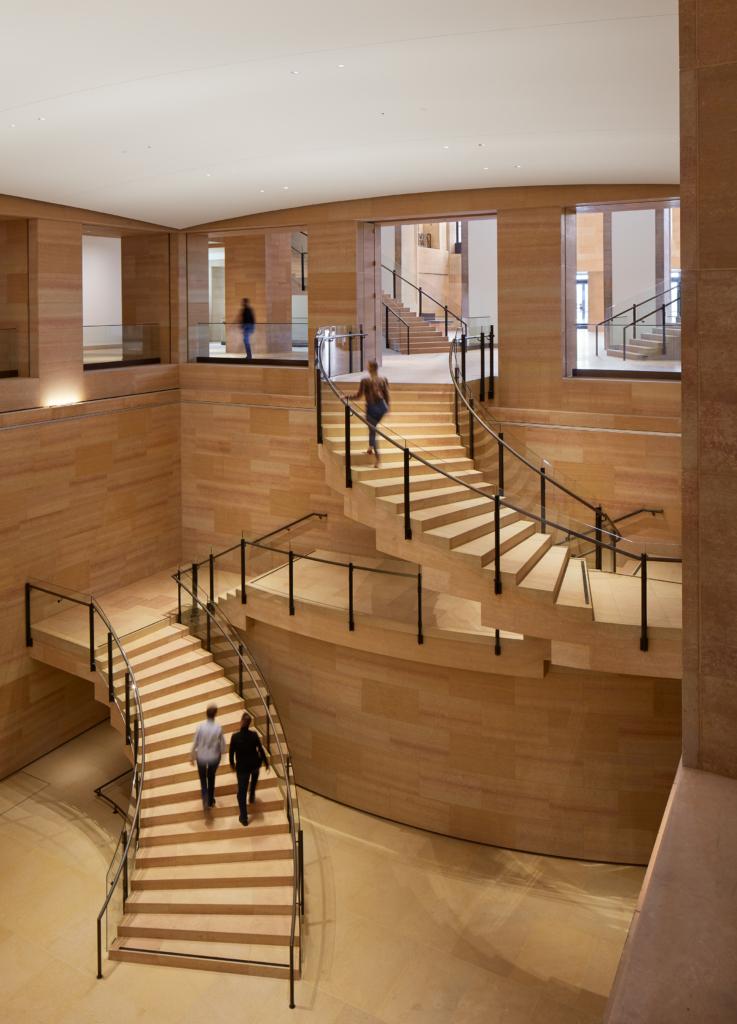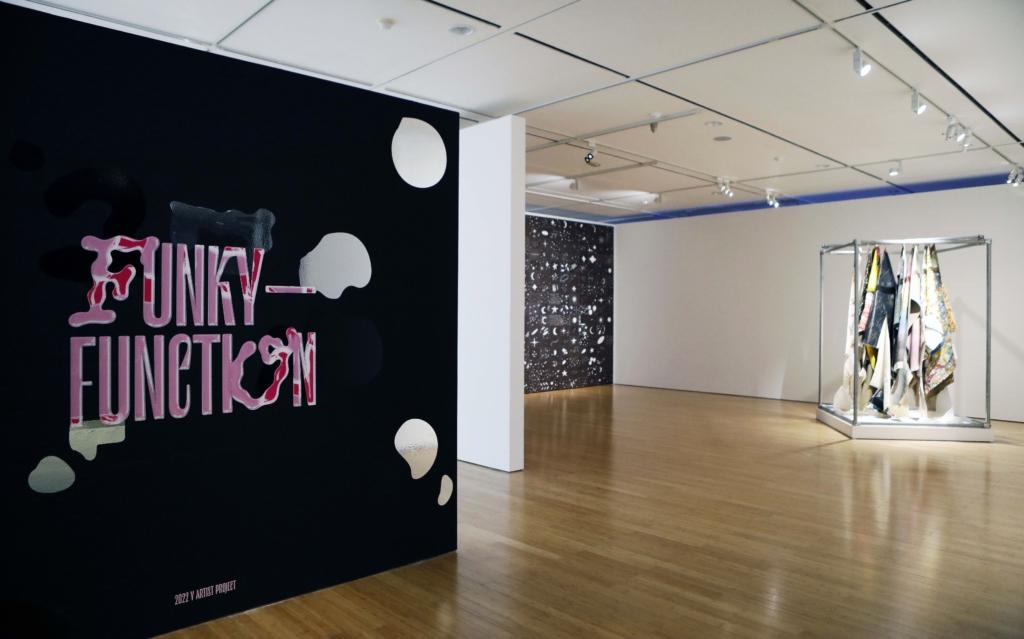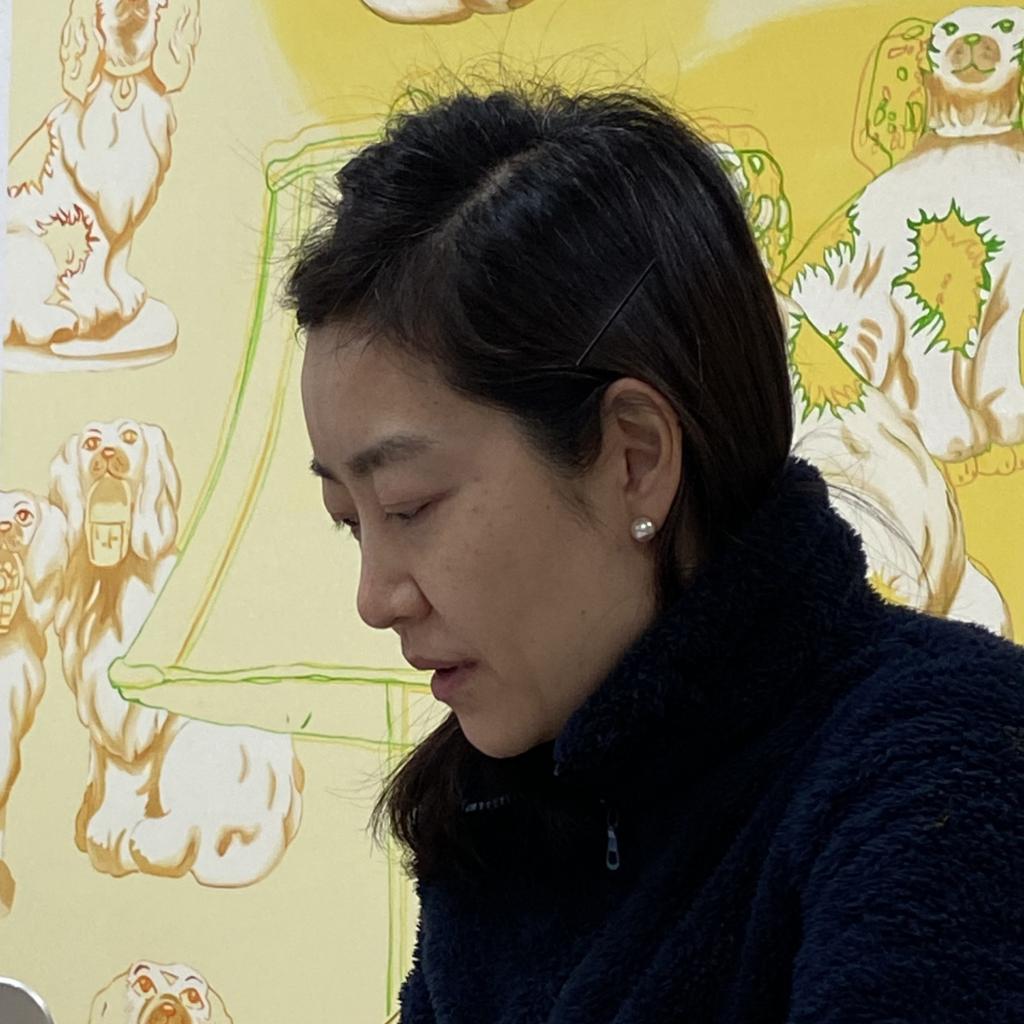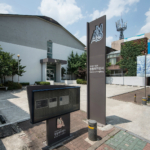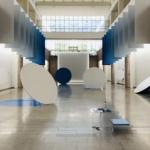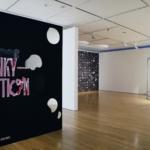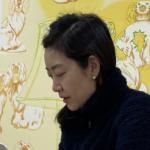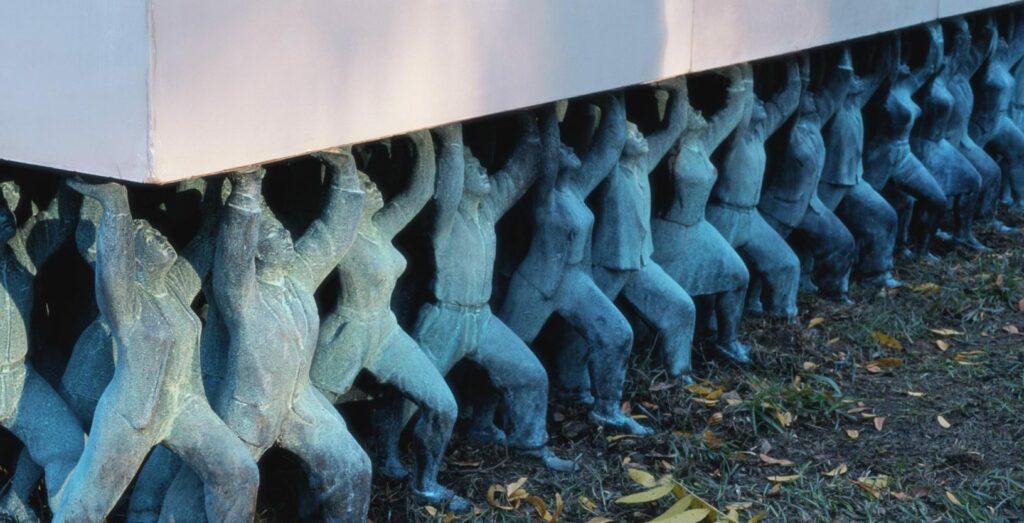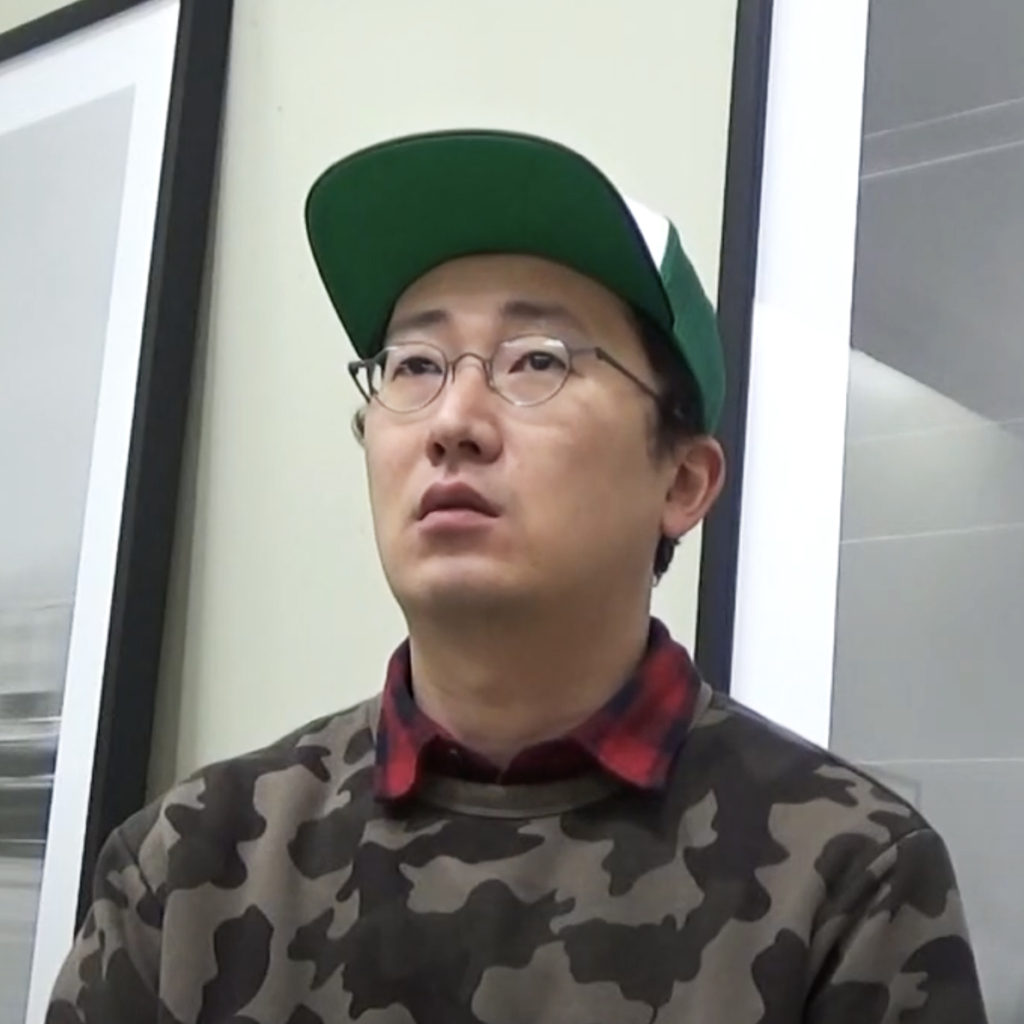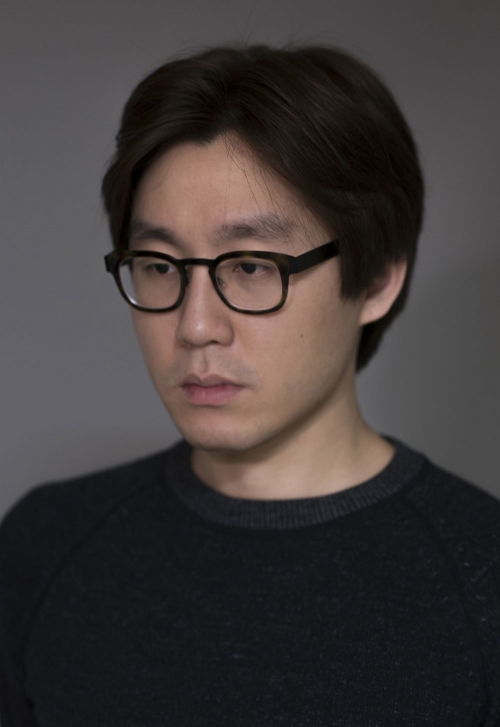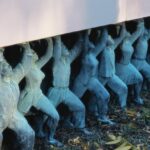Anicka Yi’s Hyundai Commission at the Tate Modern
The works of Anicka Yi, a Korean American conceptual artist, are presented at the— Hyundai Commission: Anicka Yi: In Love With the World—from October 12, 2021, to January 16, 2022, at Tate Modern in London.
In the wide-open space of Tate Modern’s Turbine Hall, there are giant balloon machines in the form of jellyfishes and mushrooms floating in the air. Aerobes, artificial intelligence (AI)–driven drones, fly through the exhibition hall and react differently to the surrounding environment, sometimes even floating above people’s heads.
There are dystopian visions of a machine-dominated world and concerned voices about the rapidly advancing AI technology. But with Aerobes, Anicka Yi provides an opportunity to break away from a human-centered viewpoint and imagine what it would be like to coexist with various intelligent forms such as machines that operate through algorithms.
The exhibition hall is also filled with invisible and intangible, olfactory landscapes. Every week a different aroma is released to bring sensory imagination of the history of the museum’s Bankside area, which ranges from the Paleozoic Era to the Machine Age. For example, Yi created the smell of the bubonic plague and cholera, which have had a pernicious impact on London history.
People easily overlook olfactory experiences because scents, many times, don’t have visible forms and are thus usually unnoticeable. From the idea that a specific smell (or even no odor) may symbolize a situation or social class, Yi attempts to express sociopolitical relations with aroma.
In an interview with the Guardian, she said, “[W]hat I like to do is to sculpt the air.” According to Yi, “air connects all of us, and yet it is highly risky in the age of COVID.” She explains that humans try to draw a line and separate themselves from other people and other life forms such as viruses, but that is, in fact, impossible, as if dividing air.
In this exhibition, Yi provides an opportunity to think about various possibilities in future society. The intention is to present an optimistic view of the world after COVID-19, in which nature, machines, and humans all coexist in harmony, away from the anthropocentric perspective.
Anicka Yi works on installations that stimulate the senses through biological beings and machines. She touches on various topics, including new forms of life and new intelligent beings as well as class, gender, and immigration. In 2015, at her solo show at the Kitchen in New York, Yi exhibited bacteria swabbed from one hundred women. In 2016, she won the Hugo Boss Prize and exhibited bacteria sampled from Chinatown and Koreatown in New York, a massive circuit board–like ant colony, and a mixed scent of ants and Asian American women’s sweat at the Guggenheim Museum. Yi also had solo shows at Kunsthalle Basel in Switzerland and the Fridericianum in Kassel, Germany.
The annual Hyundai Commission, which first started in 2014, is a long-term partnership between Hyundai Motor and Tate aiming to make contemporary art more accessible to the public and give artists opportunities to stimulate creativity. Anicka Yi was selected for the sixth commission exhibition.
- Tate, HYUNDAI COMMISSION ANICKA YI IN LOVE WITH THE WORLD
- The Guardian, ‘I sculpt the air’ – what does scent artist Anicka Yi have in store for Tate’s Turbine Hall?, 2021.10.06
- The Guardian, Anicka Yi’s Turbine Hall review – invasion of the floating pod creatures, 2021.10.11
- The New York Times, The Artistic Aromas of Anicka Yi, 2021.10.11
Aproject Company. Co., Ltd | Founder & CEO : Jay Jongho Kim
216 Dosan-Daero, B2F, Gangnam-gu, 06047 Seoul, Korea
Business Number : 894-88-01945
Contact : aproject.company@gmail.com
Mail-order-sales registration number : 제 2021-서울강남-04243 호
























